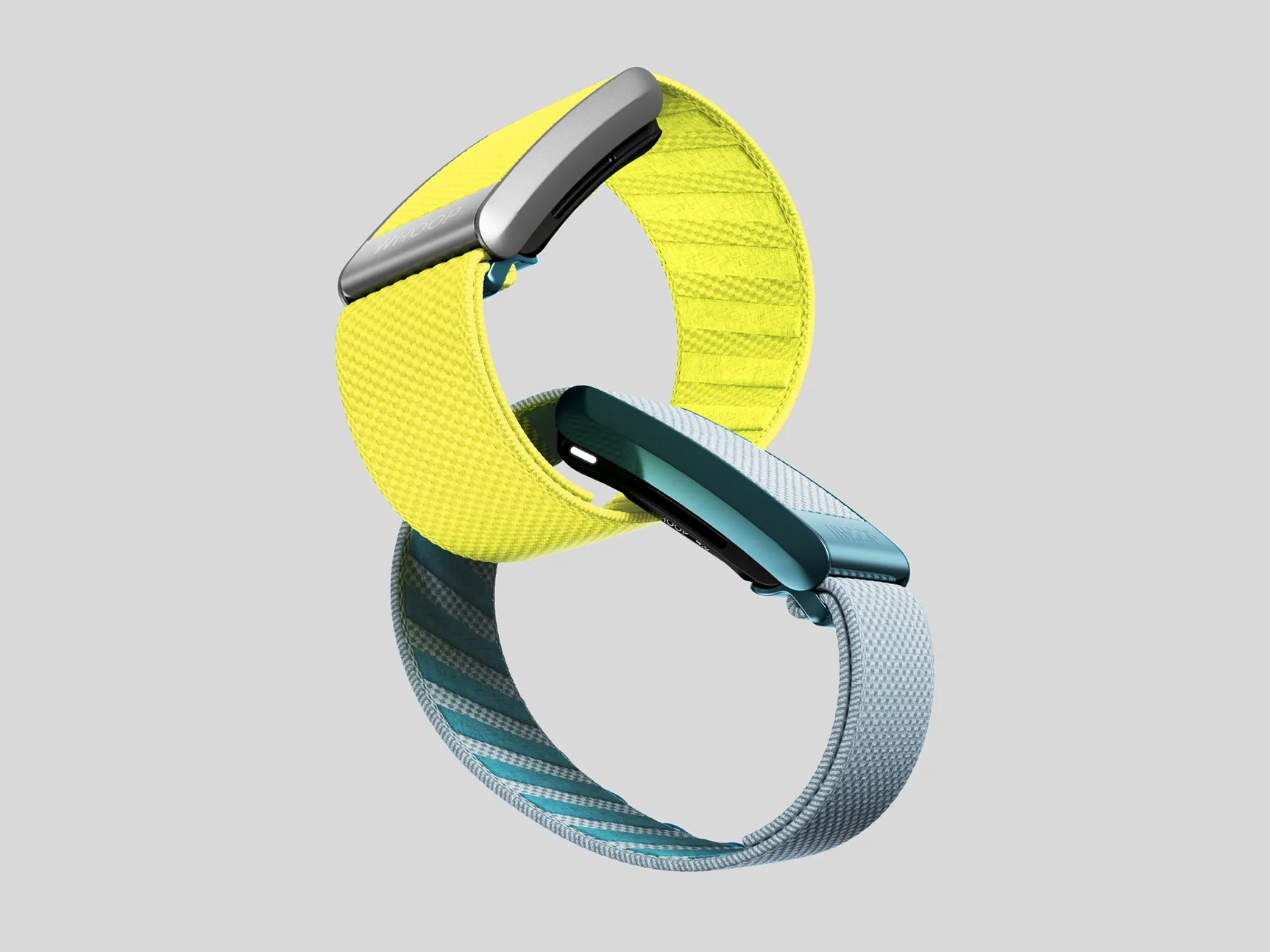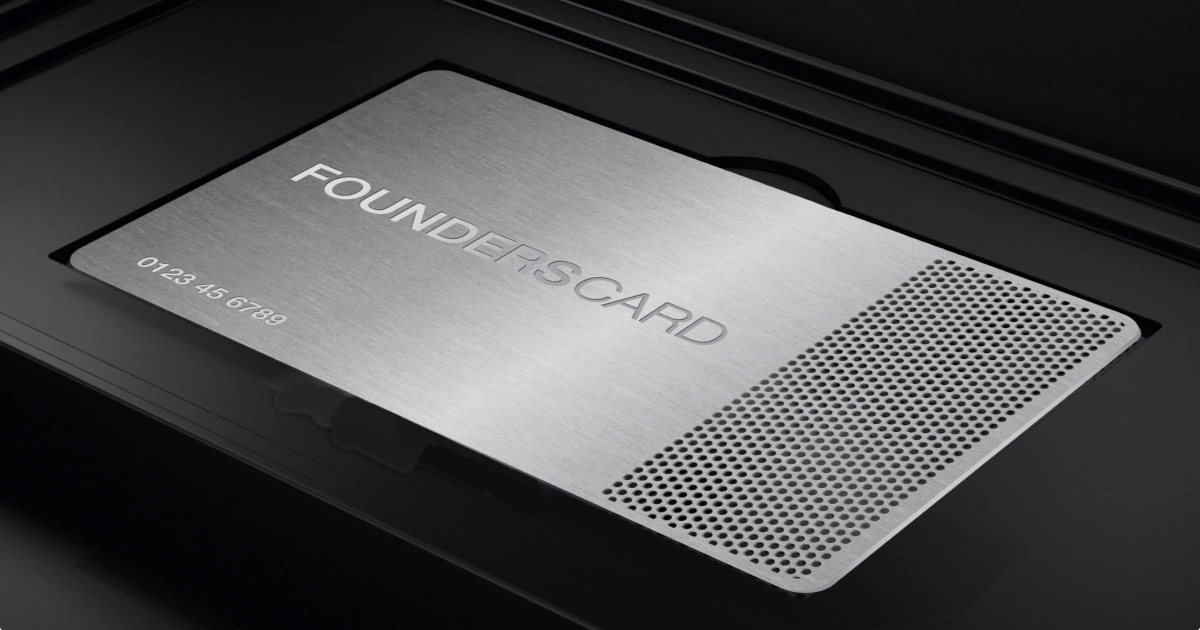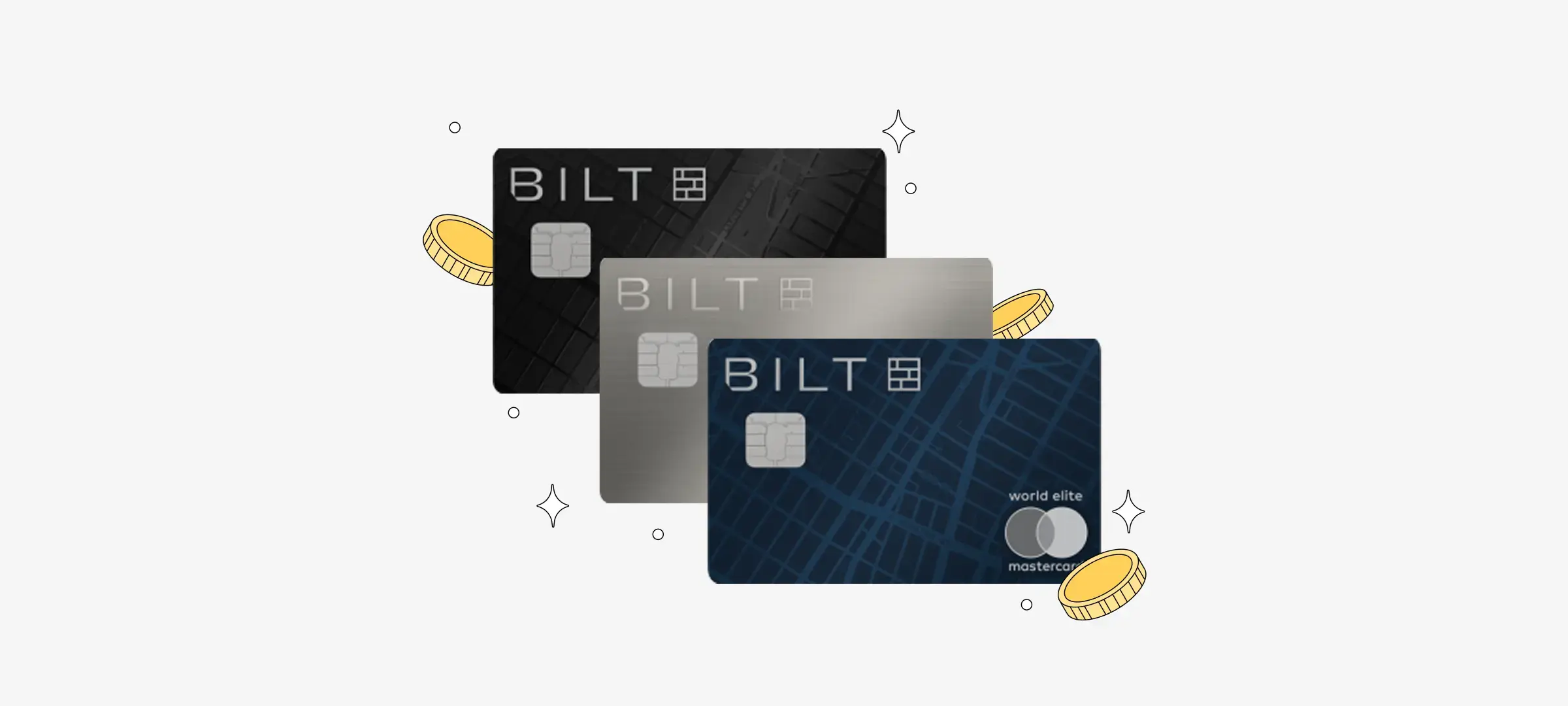
Kudos has partnered with CardRatings and Red Ventures for our coverage of credit card products. Kudos, CardRatings, and Red Ventures may receive a commission from card issuers. Kudos may receive commission from card issuers. Some of the card offers that appear on Kudos are from advertisers and may impact how and where card products appear on the site. Kudos tries to include as many card companies and offers as we are aware of, including offers from issuers that don't pay us, but we may not cover all card companies or all available card offers. You don't have to use our links, but we're grateful when you do!
How to Avoid Baggage Fees: The Smart Traveler's Guide (2026)
July 1, 2025

.webp)
Nothing ruins the excitement of an upcoming trip quite like watching bag fees pile up at check-in. You've scored a great flight deal, packed strategically, and then—bam—the gate agent hits you with a $40 charge. Per bag. Each way.
For a family of four flying round-trip, those fees can easily exceed $300. That's a hotel night, several nice dinners, or a week of rental car costs. The good news? You don't have to accept baggage fees as an inevitable part of air travel.
With the right approach—combining smart credit card choices, strategic packing, and insider airline knowledge—you can dramatically reduce or completely eliminate these charges. Let's break down exactly how.
Why Baggage Fees Keep Climbing
Airlines collected over $7.1 billion from baggage fees in 2024, and those numbers keep growing. In early 2025 alone, American Airlines raised domestic bag fees from $30 to $40 (if you pay at the airport), while JetBlue bumped their first bag fee to $45 within 24 hours of departure.
Even Southwest Airlines—long celebrated for its "bags fly free" policy—announced changes for 2025 that introduced checked bag fees for most ticket types. The days of universal free checked bags are effectively over.
Here's what most major U.S. airlines currently charge for domestic flights:
- First checked bag: $35-$45 (varies by airline and when you pay)
- Second checked bag: $45-$60
- Overweight bags (over 50 lbs): Additional $100-$200
- Oversized bags: Additional $150-$200
These fees apply each way, per person. A couple checking two bags round-trip is looking at $140-$180 minimum before factoring in weight or size issues.
Strategy #1: The Credit Card Advantage
The single most effective way to avoid baggage fees is holding the right credit card. And we're not just talking about airline-specific cards—several options work across multiple carriers.
Airline Co-Branded Cards (Best for Loyal Flyers)
If you consistently fly one airline, a co-branded credit card typically offers free checked bags for you and multiple companions on the same reservation. Here's how they stack up:
- Delta SkyMiles® Cards: All Delta Amex cards include one free checked bag for the cardholder and up to 8 companions on the same reservation. For a family of four, that's a $280 savings per round trip.
- Chase-United Partnership: The New United℠ Explorer Card gives you one free checked bag for you and one companion. The card pays for itself after just 2-3 round trips annually.
[[ SINGLE_CARD * {"id": "2406", "isExpanded": "false", "bestForCategoryId": "15", "bestForText": "Frequent Travelers", "headerHint": "Priority Boarding"} ]]
- American Airlines AAdvantage® Cards: Free first checked bag for the cardholder and up to 4 companions on domestic American-operated flights. Your AAdvantage number must be in the reservation—you don't even need to pay for the ticket with the card.
- Alaska Airlines Cards: The Alaska Airlines Visa Signature® Credit Card provides one free checked bag for you and up to 6 guests on your reservation. Given Alaska's $35 first bag fee, this benefit covers the card's annual fee after just 2-3 flights.
[[ SINGLE_CARD * {"id": "48", "isExpanded": "false", "bestForCategoryId": "15", "bestForText": "Frequent Travelers", "headerHint": "Annual Companion Fare"} ]]
Premium Travel Cards (Best for Flexibility)
If you fly multiple airlines or prioritize flexibility, premium travel cards offer annual travel credits that cover bag fees:
- [[ SINGLE_CARD * {"id": "510", "isExpanded": "false", "bestForCategoryId": "15", "bestForText": "Frequent Travelers", "headerHint": "$300 Annual Travel Credit"} ]]
American Express Platinum Card® (See Rates & Fees)
- [[ SINGLE_CARD * {"id": "106", "isExpanded": "false", "bestForCategoryId": "15", "bestForText": "Frequent Travelers", "headerHint": "Serious Points on Flights"} ]]
Terms apply to American Express benefits and offers. Enrollment may be required for select American Express benefits and offers. Visit americanexpress.com to learn more. Eligibility and Benefit level varies by Card. Terms, Conditions, and Limitations Apply. Please visit americanexpress.com/benefitsguide for more details. Underwritten by Amex Assurance Company.
The Business Platinum Card® from American Express (See Rates & Fees)
- [[ SINGLE_CARD * {"id": "2290", "isExpanded": "true", "bestForCategoryId": "52", "bestForText": "Business Owners", "headerHint" : "Premium Offer" } ]]
Terms apply to American Express benefits and offers. Enrollment may be required for select American Express benefits and offers. Visit americanexpress.com to learn more. Eligibility and Benefit level varies by Card. Terms, Conditions, and Limitations Apply. Please visit americanexpress.com/benefitsguide for more details. Underwritten by Amex Assurance Company.
Do the Math
Let's say you fly 4 round trips per year and check one bag each time. That's 8 bag fees at $35-40 each = $280-$320 annually.
A Delta Gold Amex with a $150 annual fee saves you $130-170 net. A Chase Sapphire Reserve with its $300 travel credit and $550 annual fee effectively costs $250, but you're getting lounge access, travel insurance, and premium rewards earning on top of bag fee coverage.
The ROI works if you travel even moderately.
Strategy #2: Elite Status Shortcuts
You don't need to fly 50,000 miles annually to enjoy free bags. Several creative paths to elite status exist:
Credit Card Status Boosts
Some premium cards grant automatic elite-equivalent status:
- World of Hyatt Credit Card → Hyatt Discoverist status → American Airlines benefits through partnership
- Hilton Aspire Card → Hilton Diamond status → potential reciprocal airline benefits
Status Matches
Many airlines offer status match programs. If you have elite status with one airline or hotel program, you might qualify for matched status on a partner airline that includes free bags.
Paid Status Programs
Alaska Airlines and some international carriers offer paid elite status tiers starting around $500-700 annually. If you're checking bags on 8+ segments per year, the math can work out.
Strategy #3: Master the Carry-On Game
The most foolproof way to avoid bag fees? Don't check bags. With strategic packing, most travelers can handle week-long trips with just carry-on luggage.
The 3-1-1 Pack
Follow this formula for a 7-day trip:
- 3 bottoms (2 pants/jeans, 1 shorts or skirt)
- 3-4 tops that mix and match
- 1 light jacket or sweater layer
- 1 pair of shoes worn, 1 packed
- Toiletries in TSA-approved containers (3.4 oz or less)
Personal Item Hack
All airlines allow one personal item (purse, backpack, laptop bag) in addition to a carry-on. A well-packed backpack can hold 2-3 days of clothes, shoes, and toiletries—meaning you can bring significant luggage even on basic economy fares that don't include overhead bin access.
Wear Your Bulkiest Items
Traveling with boots, a heavy coat, or bulky sweaters? Wear them on the plane. Airlines don't weigh what you're wearing, only what's in your bags.
Strategy #4: Pay for Bags Strategically
If you must check a bag and don't have a card benefit, these tactics minimize costs:
Book in Advance
Most airlines charge less when you add bags during booking or online check-in (24+ hours before departure) versus paying at the airport. American Airlines, for example, charges $35 online but $40 at the airport for domestic first bags.
Consider Premium Economy
On longer flights, upgrading from basic economy to standard economy or premium economy often includes checked bags. If the fare difference is less than you'd pay in bag fees, it's worth it—plus you get better seats and boarding.
Bundle and Save
Some airlines offer package deals. Spirit's "Saver$ Club" ($69.95/year) gives members discounted bag fees. If you fly Spirit 3+ times annually, the membership pays for itself.
Ship Instead of Check
For extended trips or bulky items (ski equipment, golf clubs), compare shipping costs to airline bag fees. Services like LugLess or ShipSticks often cost less than airline oversized bag charges and deliver directly to your hotel.
Strategy #5: Know the Free Bag Exceptions
Certain circumstances trigger free checked bags regardless of your ticket type:
- Military personnel: Active duty military get 2-5 free checked bags (varies by airline) with military ID
- International long-haul flights: Most international economy tickets include at least one free checked bag
- Premium cabins: First class and business class almost always include 2+ free checked bags
- Transatlantic/transpacific routes: Even basic economy often includes free bags on these routes
- Special items: Some airlines waive fees for car seats, strollers, medical equipment, and musical instruments
What About Southwest's Policy Change?
Southwest was the last holdout offering two free checked bags to all passengers. In 2025, the airline announced baggage fees for most ticket types starting May 28, 2025.
Southwest's New Policy:
- Basic tickets: Bags no longer free (pricing TBA)
- Higher-tier fares: May still include free bags
- Rapid Rewards credit cardholders: Expected to retain free bag benefit
This change eliminates one of Southwest's biggest differentiators, making credit card strategies even more valuable for budget-conscious travelers.
FAQ
Which credit card gives you free checked bags on any airline?
No single card provides free checked bags universally across all airlines. However, premium travel cards like the Chase Sapphire Reserve® (with its $300 annual travel credit) and the Platinum Card® from American Express (with its $200 airline fee credit) allow you to offset baggage fees on any carrier by providing statement credits when you pay for bags with the card.
Do you need to pay for your flight with an airline credit card to get free bags?
It depends on the card and airline. Most American Airlines, Delta, and United co-branded cards do NOT require you to purchase the ticket with the card—you just need your frequent flyer number attached to the reservation and the card account open. However, Alaska Airlines cards DO require you to pay for the ticket (or taxes/fees on award tickets) with the card to receive free bags. Always check your specific card's terms.
How much can a family save annually with a free checked bag credit card?
A family of four flying 3 round trips per year and checking one bag per person would pay approximately $840-1,080 in baggage fees annually ($35-45 per bag × 8 bags × 3 trips). The ROI is substantial for families who travel regularly.
What's the best way to avoid baggage fees on budget airlines like Spirit and Frontier?
Budget carriers like Spirit and Frontier charge for both carry-on and checked bags, making them trickier. Your best strategies: (1) Pack everything into a personal item that fits under the seat (dimensions vary by airline, typically 14" x 18" x 8"), which is always free; (2) Consider Spirit's Saver$ Club membership ($69.95/year) for discounted bag fees if you fly them 3+ times annually; (3) Pay for bags during booking rather than at the airport to get lower rates.
Are carry-on bags always free?
No. Most major airlines (American, Delta, United, Southwest) include free carry-on bags even on basic economy fares. However, ultra-low-cost carriers like Spirit, Frontier, Allegiant, and Breeze charge for standard carry-on bags that go in overhead bins. United's domestic basic economy tickets also don't allow overhead bin access (though international basic economy does). A personal item that fits under the seat is free on all airlines.
The Bottom Line: Strategy Beats Surrender
Baggage fees aren't going anywhere—if anything, they'll continue rising as airlines search for revenue beyond ticket sales. But that doesn't mean you're powerless.
The travelers who consistently avoid baggage fees aren't just lucky. They're strategic. They choose credit cards that align with their flying patterns, pack smarter, understand airline policies, and know when to pay for upgrades that include bags versus when to travel light.
Start by evaluating your travel habits:
- Fly one airline frequently? Get their co-branded card for free bags.
- Fly multiple airlines or prioritize flexibility? A premium travel card with annual credits covers you anywhere.
- Rarely check bags? Master carry-on packing and pocket the savings.
- Travel with family? Cards that cover companions (Delta, Alaska, United) offer massive value.
The difference between paying baggage fees and avoiding them often comes down to 15 minutes of research and one smart card decision. That's 15 minutes that could save you hundreds—or thousands—of dollars over the years ahead.
Unlock your extra benefits when you become a Kudos member

Turn your online shopping into even more rewards

Join over 400,000 members simplifying their finances

Editorial Disclosure: Opinions expressed here are those of Kudos alone, not those of any bank, credit card issuer, hotel, airline, or other entity. This content has not been reviewed, approved or otherwise endorsed by any of the entities included within the post.



















.webp)















.webp)



.webp)




